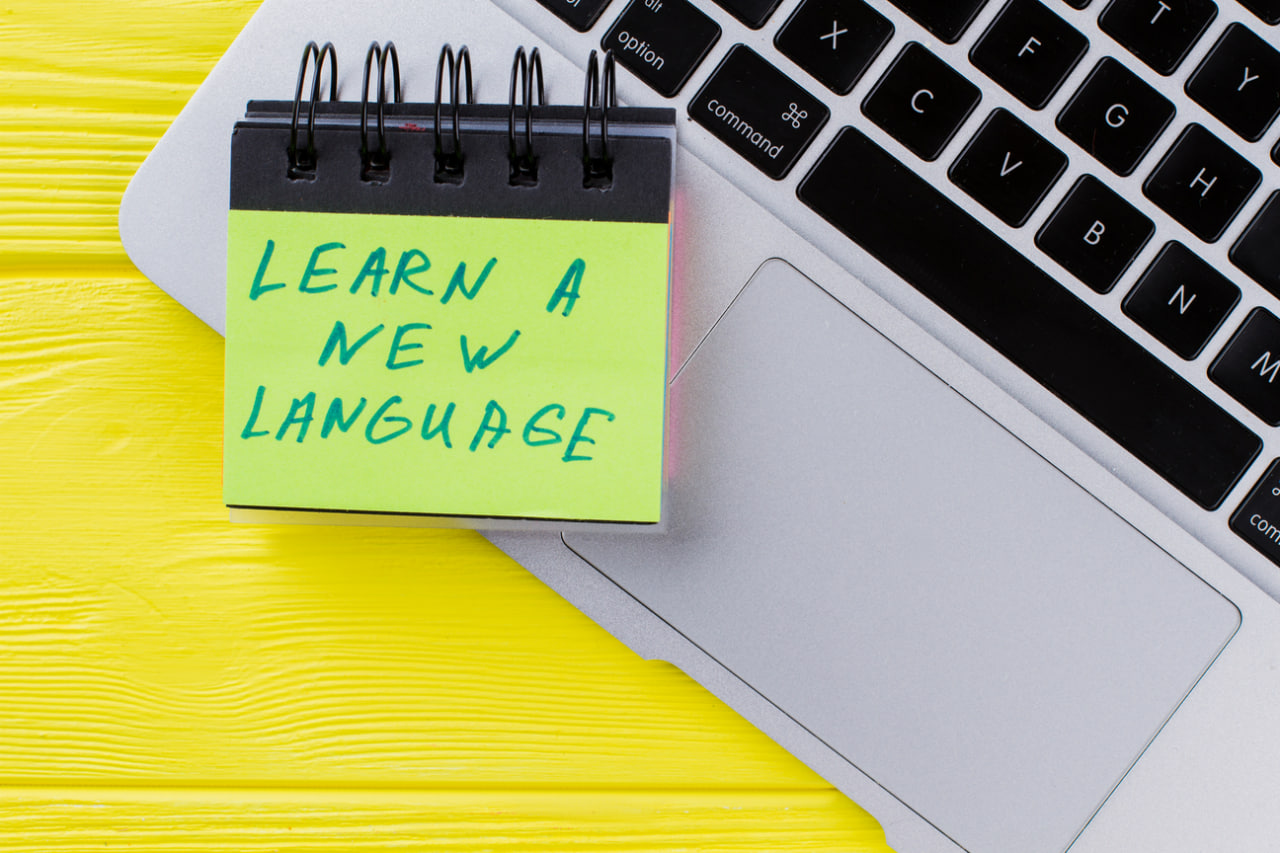Cultural Insights: How Language Learning Opens Doors to the World
Learning a new language is not just about memorizing words and grammar—it is a gateway to understanding cultures, traditions, and ways of life. For beginners, developing language skills alongside cultural knowledge creates a richer, more meaningful learning experience. This guide explores how language learning opens doors to the world, fostering empathy, connection, and global awareness.
Understanding Cultural Context
Language and culture are deeply intertwined. Words, expressions, and gestures often carry meanings shaped by local customs and social norms. Learning a language provides insights into these cultural nuances, helping learners communicate more effectively and avoid misunderstandings. Beginners who understand cultural context can engage more confidently with native speakers and navigate everyday situations with ease.
Exploring Traditions and Customs
Each language reflects the history, traditions, and values of its speakers. Learning about holidays, festivals, cuisine, and social etiquette enriches the language learning journey. For example, understanding greetings, gestures, or polite expressions allows beginners to show respect and participate meaningfully in cultural practices. Exposure to traditions also fosters curiosity and appreciation for the diversity of human experiences.
Enhancing Travel Experiences
Travel becomes more rewarding when you can communicate in the local language. Even basic phrases, polite greetings, and simple conversations enhance interactions with locals, provide deeper insights into daily life, and create memorable experiences. Language learners gain confidence navigating transportation, ordering food, shopping, and exploring new cities while connecting authentically with people along the way.
Building Empathy and Global Awareness
Language learning encourages learners to see the world from different perspectives. By exploring literature, media, and history in the target language, beginners gain insights into the values, beliefs, and challenges of other cultures. This exposure fosters empathy, open-mindedness, and cultural sensitivity—skills that are valuable in both personal and professional contexts.
Connecting with People Across Borders
Speaking another language allows learners to form friendships and professional relationships with people around the world. Social media, online communities, and language exchange programs provide opportunities to communicate with native speakers, share experiences, and collaborate across cultures. These connections build social skills, understanding, and a sense of belonging in a global community.
Appreciating Art, Literature, and Media
Language learning opens doors to authentic artistic and literary experiences. Reading books, watching films, or listening to music in the original language provides deeper appreciation of style, expression, and cultural significance. Exposure to art and media in its native context enhances comprehension, enriches vocabulary, and strengthens emotional connection to the language.
Encouraging Lifelong Learning
Engaging with a language and its culture sparks curiosity and inspires lifelong learning. Beginners often become motivated to explore additional languages, study cultural history, or participate in international experiences. The combination of language skills and cultural understanding fosters intellectual growth, adaptability, and a broader worldview.
